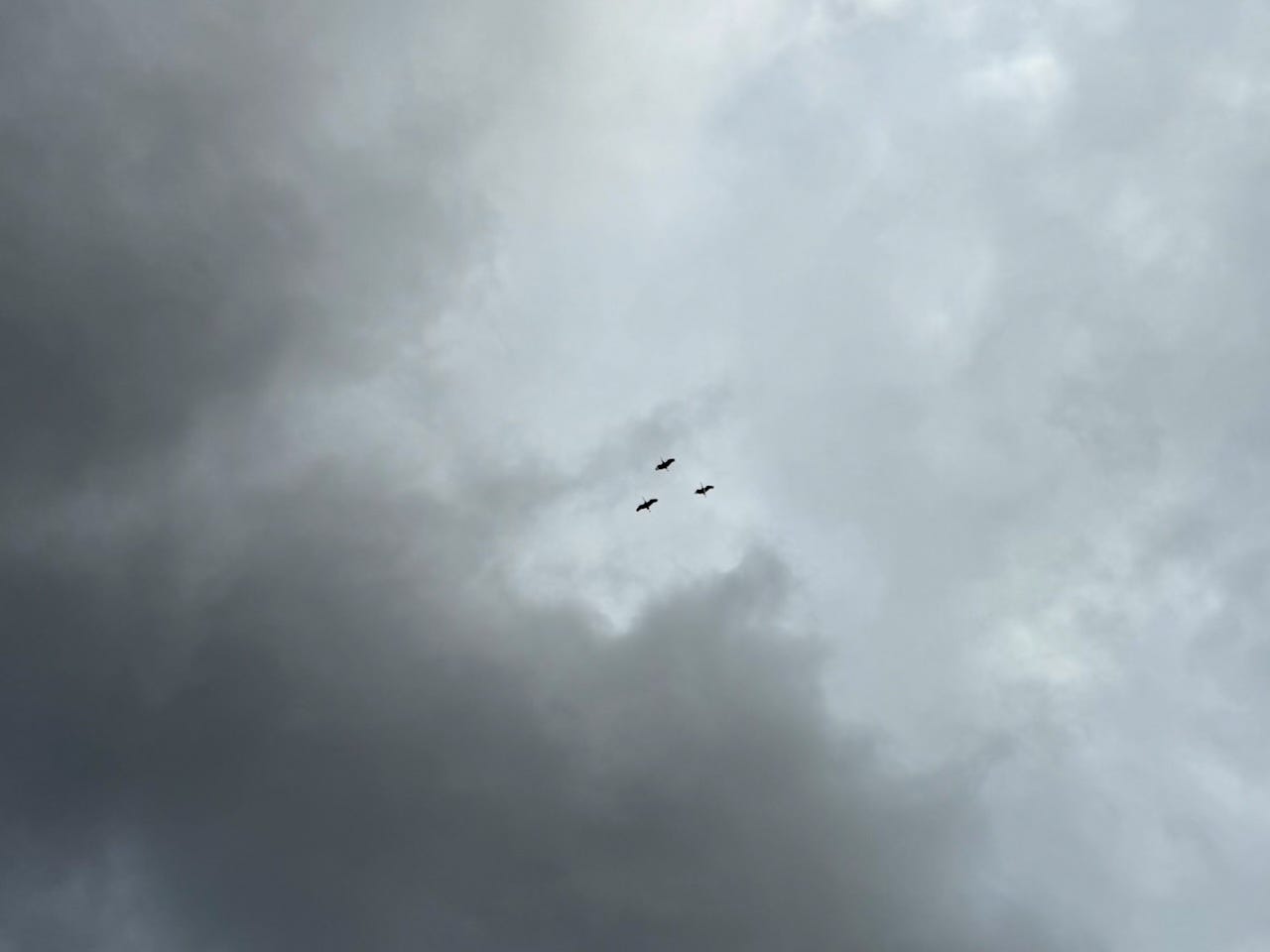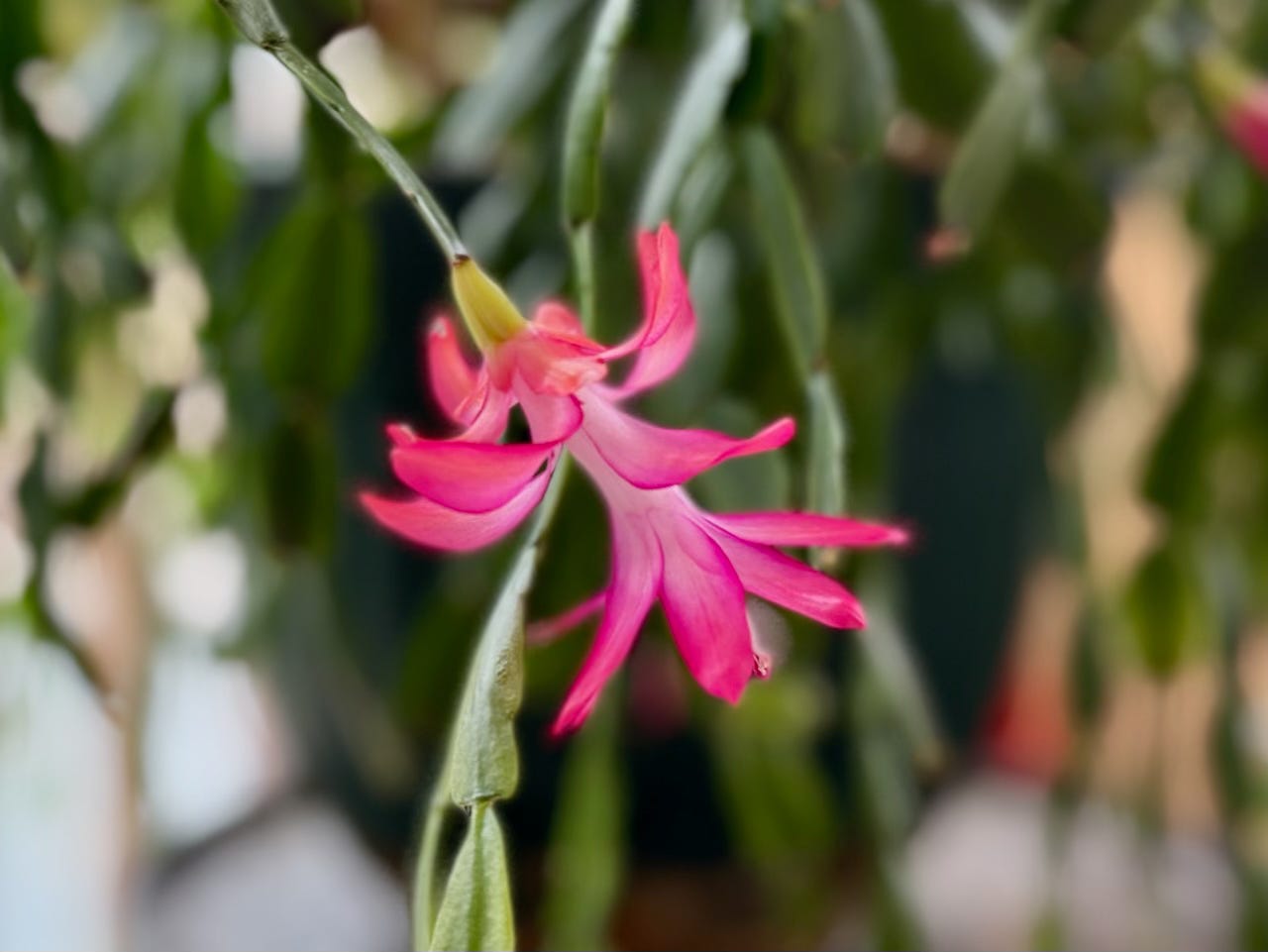“While I’m deeply disappointed with the national result, I refuse to play the blame game.” —Andy Beshear, Governor of Kentucky
When I read Governor Beshear’s words in his thoughtful opinion piece yesterday, I felt relief and also grief.
Relief that a respected Democratic governor of a deeply red state was speaking out to call for an end to the post-election finger-pointing and name-calling. (Beshear also offered a useful summary of what is needed to move forward: practical solutions that “creat[e] better jobs, more affordable and accessible health care, safer roads and bridges, the best education for our children, and communities where people aren’t just safer but also feel safer.”)
Grief that his words were even necessary. I have felt doubly overwhelmed for the past week: overwhelmed by the election results and also overwhelmed by the torrent of blame and name calling by pundits, politicians and ordinary folk alike.
I honor and respect the anger, fear and sense of betrayal and disbelief so many of us are feeling. We’ve got to feel what we feel. Burying powerful emotions or trying to sweep them under the rug doesn’t work, and it can harm.
But directing those emotions at others isn’t a great idea either. Maybe it feels good for a moment to cast blame on a whole group or on an individual: It’s those liberal elites who are out of touch! She should have campaigned differently! They didn’t vote!
When we do that though, we fall into the trap of “them” versus “us.” We waste our energy and splinter our communities. We sever connections, shrink our networks. We give in to hate.

I’m not going all Kumbaya, everything-will-be-fine on you. There’s pain ahead for us, our communities and our planet, no doubt about it. I’m just saying that now is not the time to engage in divisiveness. We need each other as friends and allies, as support and succor.
Easy for you to say, you might think. You’re white, middle-class and have a roof over your head and no target on your back.
The truth is that we’re all vulnerable at some level. We all have wounds, visible or not.
Recently, a speaker called me a “f—king WASP” and added some other insults. I had to think about why being labeled as a WASP stung so much. (Pun unintentional, but I’m keeping it.)
My paternal grandmother grew up in northern Vermont in a Scots immigrant family so poor that Gran recalled all her life with bitterness the Christmas when their only present was a banana in each of the five girls’s stockings—“but Jeanne [her eldest sister] got two bananas!”
Gran would have loved to be called a WASP. The word connoted a kind of privilege and acceptance into upper-class society that she longed for.
To me, the freckled kid who was bullied for her budget-store clothing and the diminutive bone structure she inherited from that grandmother, the girl who didn’t go to an Ivy League college or belong to a sorority, WASP is a slur. The white part fits, and that in itself conveys privilege.
But the rest? My Celtic and Scandinavian ancestors were the red-haired ones raiding the rich Anglo-Saxon settlements; I inherited the hair color, feisty temperament and sense of justice, and their belief in the sacredness of nature, which makes me more Pagan than Protestant.
More to the point, calling each other names and casting blame drives wedges between us, splitting our communities in a time when our power is in working together.
We need each other.

Now is the time to have each other’s backs. To extend empathy and mercy. To be more patient with each other, not add to each other’s misery.
Remember Robert Fulghum’s book about the kindergarten rules? Perhaps they seem simple and naive, but they offer some powerful wisdom:
Share
Play fair
Don’t take stuff that’s not yours
Clean up your own mess
Say you’re sorry when you hurt someone
Wash your hands before you eat
Flush!
Stay open to wonder. “Remember the little seeds in the cup: the roots go down and the top goes up. Nobody really knows why, but we are all like that.”
When you go out into the world, hold hands and stick together.
Remember that none of us lasts forever. “Goldfish and hamsters and white mice and even the little seed in the Styrofoam cup all die. So do we.”
Let’s try to remember that kindergarten wisdom as we figure out how to move forward, push back against the hatred and cruelty afoot in this post-election world, and to do what we can to strengthen and heal our communities, our families and this planet.
Blessings, Susan





Lovely reminder - esp. the kindergarten rules! I was filled with anger and fear for several days, losing sleep and not feeling well. I have unsubscribed from political newsletters until the end of the year. I am reading and plotting ways to save democracy (I created a to-do list on my substack). Walking, cooking and knitting helping me reset.
My ancestry is over half German, and the rest Yorkish, Norman and a tiny bit Celtic. About as white as you can get. My earliest ancestor in the New World was Welsh and arrived in Salem, Massachusetts in 1638. He was summarily booted in 1640 for being a "pestilential" fellow, I presume because he was as Baptist. My immediate family never finished high school and it was a miracle that I became the first in my family to go to college and get a doctorate. I was happy to go to state institutions! Because of my father's tendency to lose his temper he quit two good jobs and we fell into poverty for a while prior to that.
Over the years I had contact with all sorts of people and concluded that only individuals could be judged and then only on their own behavior, not because they were members of a particular group.
I was saddened by the results of our election, not because a Republican won, but because misinformation won. However, it seems to me that our duty now is to oppose actions that we find to be damaging to our country and especially those involving the environment and human rights. Pretending everything will be fine is living in a bubble. Blaming others for the situation is pointless and useless as well. We are, in my opinion, always to oppose ill-advised actions. We can do no more or less.